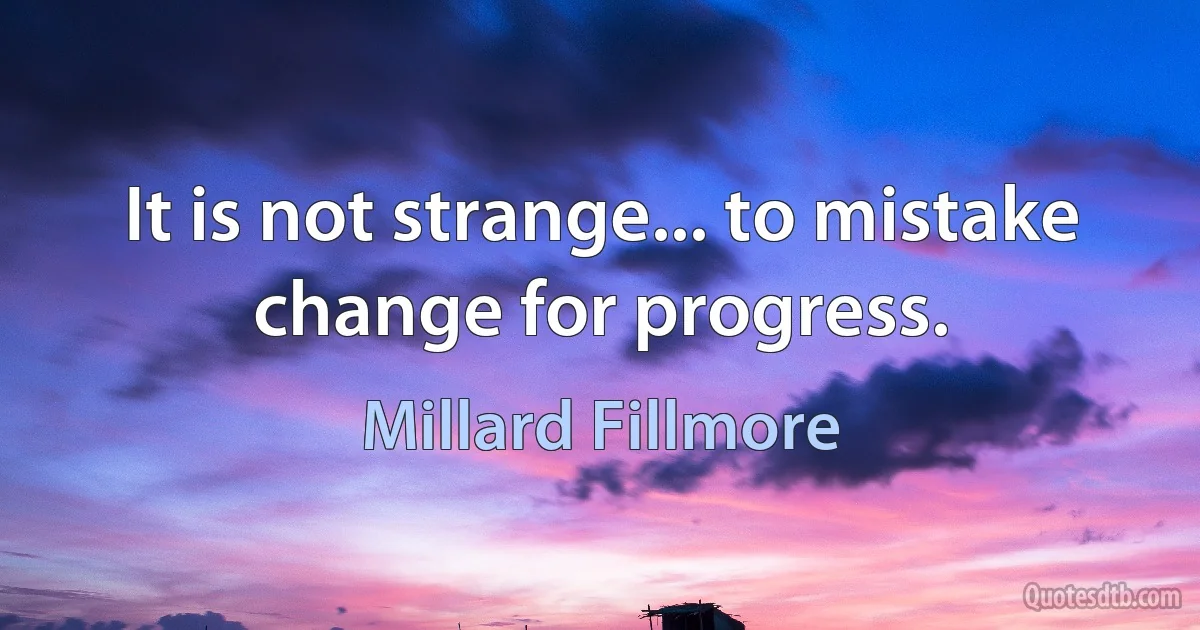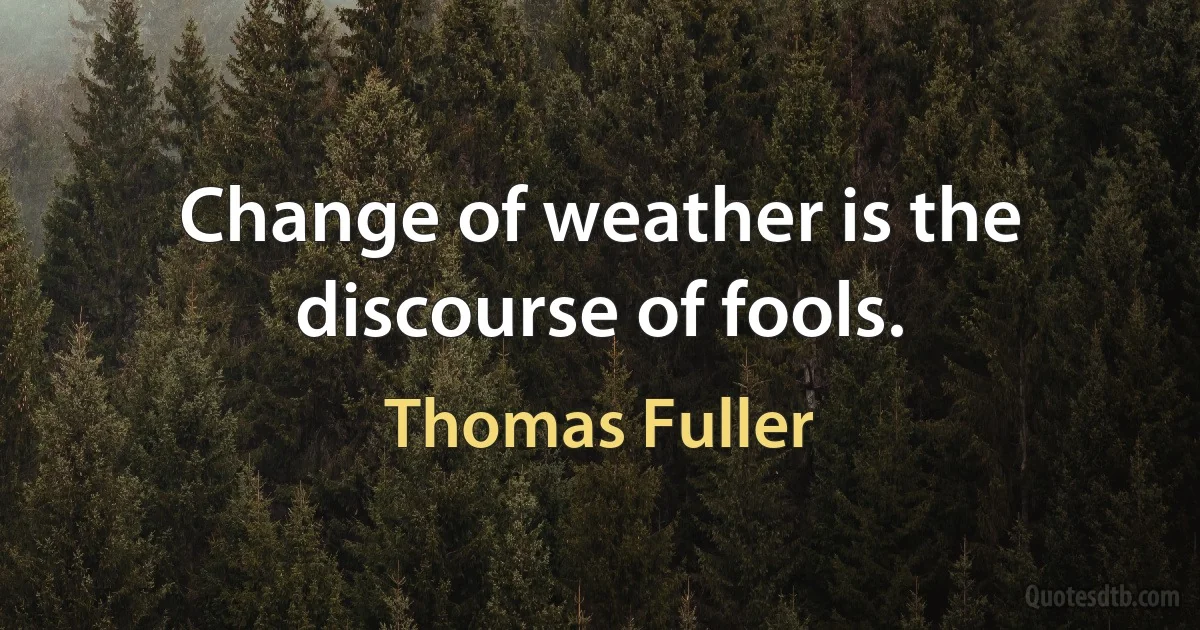Change Quotes - page 82
Each situation has to be evaluated separately, for all are different. In general, I believe in non-violent direct action, which involve organizing large numbers of people, whereas too often violent uprisings are the product of a small group. If enough people are organized, violence can be minimized in bringing about social change.

Howard Zinn
When you are under the control of a label, you don't always get to have the sound you like. If I could change it, I would, and it would sound [less pop]. My name is Hilary Duff, and I don't know why I don't get to make Hilary Duff music. I just have to get the freedom to do it, and during the show, I do get to do that: I get to throw away all of the CD stuff that has been mastered and sounds really pretty, and I get to sing live.

Hilary Duff
The philosophy of nonviolence, which I learned from Dr. Martin Luther King, Jr., during my involvement in the civil rights movement was first responsible for my change in diet. I became a vegetarian in 1965. ... Under the leadership of Dr. King I became totally committed to nonviolence, and I was convinced that nonviolence meant opposition to killing in any form. I felt the commandment "Thou shalt not kill” applied to human beings not only in their dealings with each other-war, lynching, assassination, murder and the like-but in their practice of killing animals for food or sport. Animals and humans suffer and die alike. Violence causes the same pain, the same spilling of blood, the same stench of death, the same arrogant, cruel and brutal taking of life.

Dick Gregory
This is the great day. This is the greatest event in all the history of the human race, up to this time. That is - today is New Year's Day of the Year One. If we don't change the calendar, historians will do so. The human race - this is our change, our puberty rite, bar mitzvah, confirmation, from the change of our infancy into adulthood for the human race. And we're going to go on out, not only to the Moon, to the stars; we're going to spread. I don't know that the United States is going to do it; I hope so. I have - I'm an American myself; I want it to be done by us. But in any case, the human race is going to do it, it's utterly inevitable: we're going to spread through the entire universe.

Robert A. Heinlein
See how involved it gets? Clover, bees, nitrogen, escape speed, power, plant-animal balance, gas laws, compound interest laws, meteorology-a mathematical ecologist has to think of everything and think of it ahead of time. Ecology is explosive; what seems like a minor and harmless invasion can change the whole balance.

Robert A. Heinlein
Any new media or industry that grows rapidly is going to be criticized. That's just because the older, more established media have been around, and a lot of adults can be very conservative. They may not have an open mind to new things that weren't around when they were growing up, and are replacing the things they grew up with... over the years I've seen this standard image of a child playing a video game in which the child is alone in a darkened room, with his face very close to the TV, with the light of the TV reflecting off his face, holding the controller and just staring at the TV. I'd really like to be able to change that image of video games into something that's a little more positive.

Shigeru Miyamoto
We are now in a period of social transition, a period characterized, that is, by an unusually rapid rate of change of the most important economic, social, political, and cultural institutions of society. This transition is from the type of society which we have called capitalist or bourgeois to a to a type of society which we shall call managerial.

James Burnham
The advance of liberalism, so-called, in Christianity, during the past fifty years, may fairly be called a victory of healthy-mindedness within the church over the morbidness with which the old hell-fire theology was more harmoniously related. We have now whole congregations whose preachers, far from magnifying our consciousness of sin, seem devoted rather to making little of it. They ignore, or even deny, eternal punishment, and insist on the dignity rather than on the depravity of man. They look at the continual preoccupation of the old-fashioned Christian with the salvation of his soul as something sickly and reprehensible rather than admirable; and a sanguine and 'muscular' attitude, which to our forefathers would have seemed purely heathen, has become in their eyes an ideal element of Christian character. I am not asking whether or not they are right, I am only pointing out the change.

William James
Saving our planet, lifting people out of poverty, advancing economic growth... these are one and the same fight. We must connect the dots between climate change, water scarcity, energy shortages, global health, food security and women's empowerment. Solutions to one problem must be solutions for all.

Ban Ki-moon



